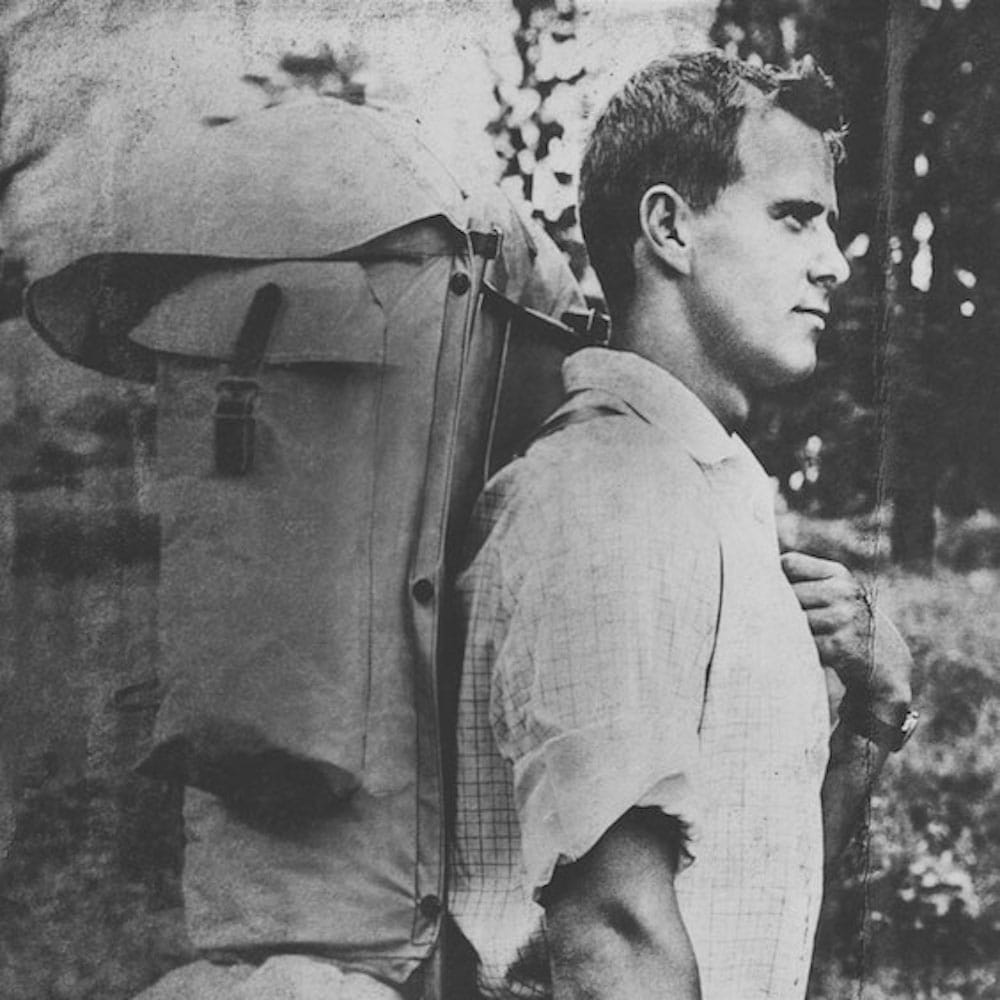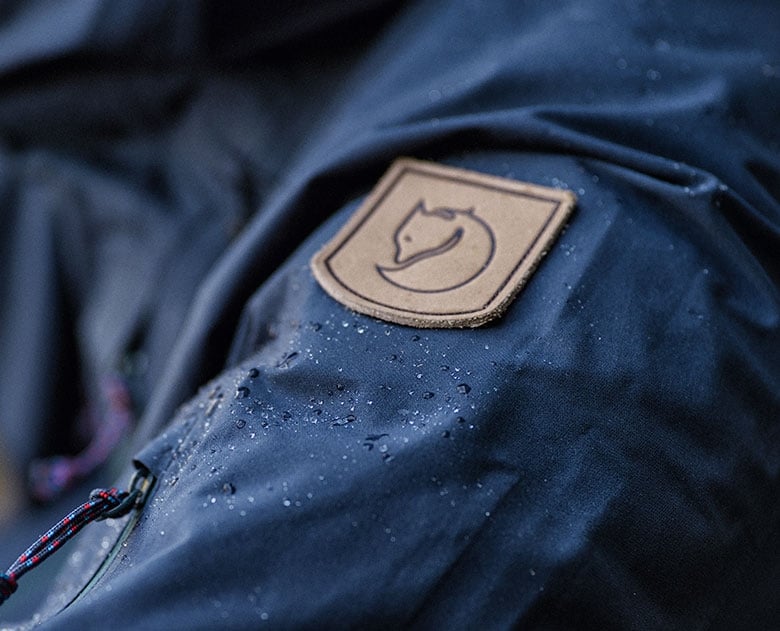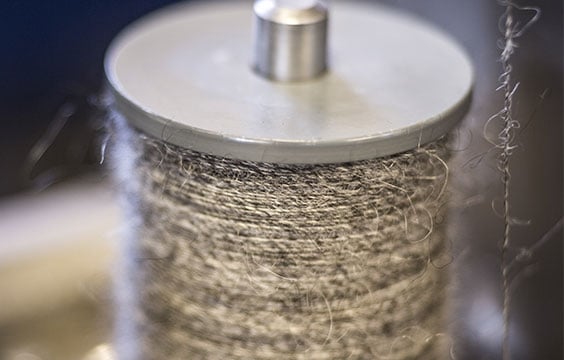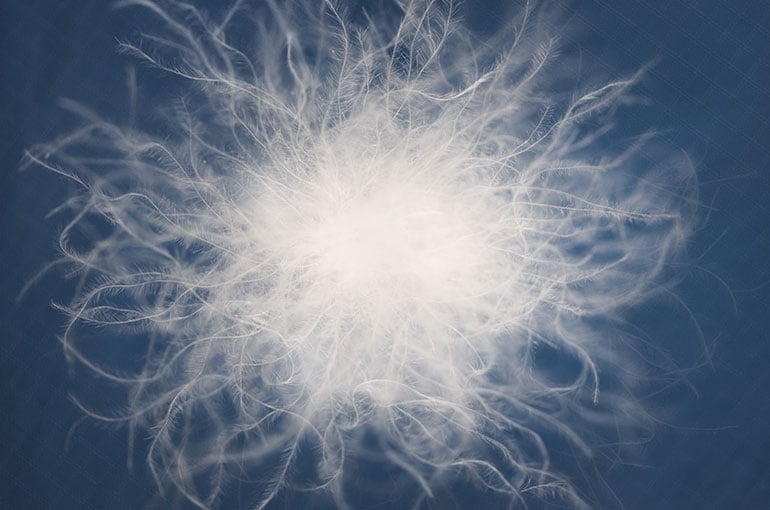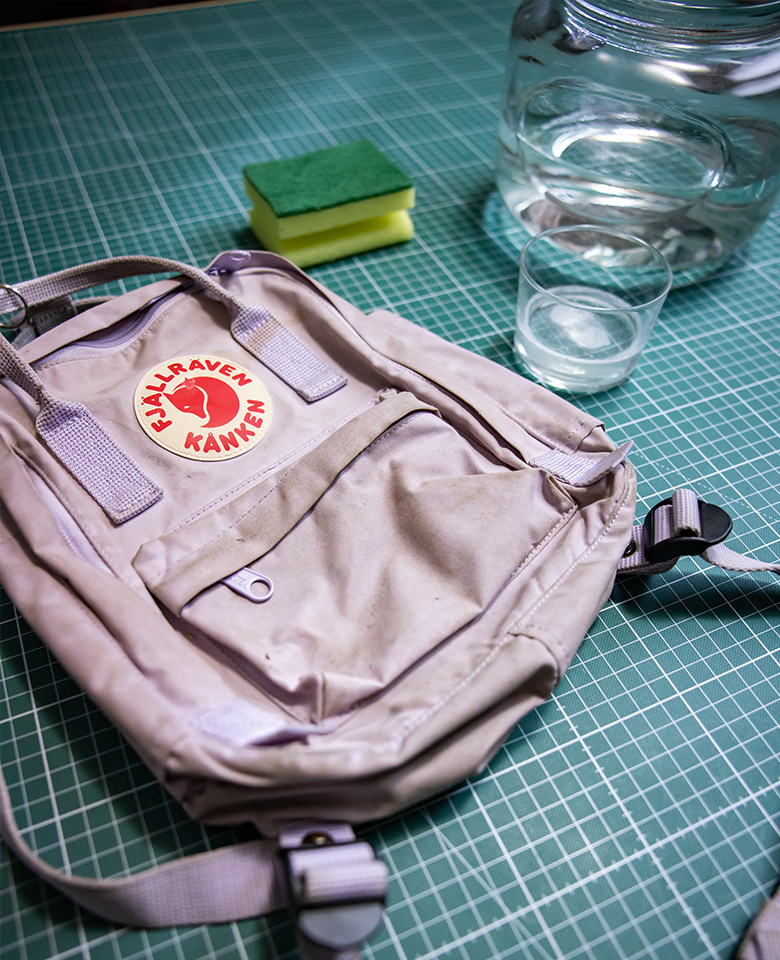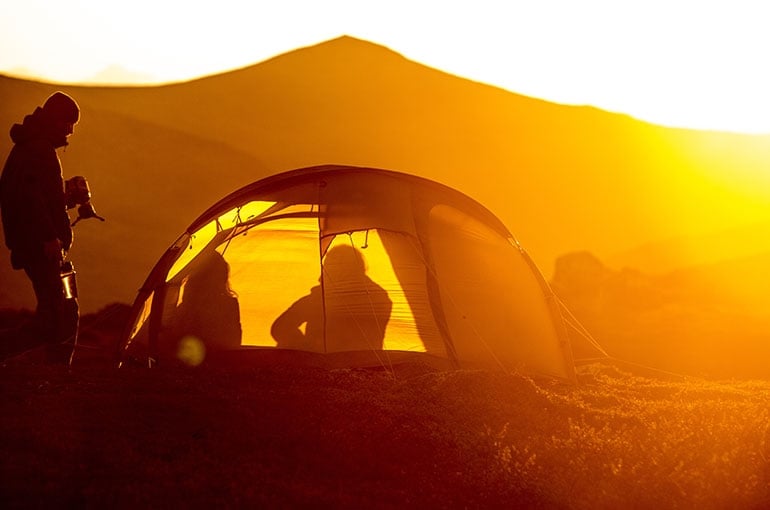GENERAL WASHING ADVICE
You should always start by checking the instructions on the care label. But as a general rule of thumb, we advise only washing your gear when it really needs it. Machine washing leads to wear and tear of your clothing and sleeping bags, and places strain on zips, Velcro, and other trims. And because it uses a lot of water and energy, excessive machine washing isn’t kind to nature.
Instead, we recommend hand washing dirty areas with warm water, mild soap or detergent and a sponge, or even just hanging your clothing or sleeping bag up to air out.
If you do choose to machine wash, please follow care instructions closely. Some items are hand-wash only (not even delicate or hand-wash cycles in the machine). For items that can be machine washed, we recommend doing so in cold water. Remember that washing with colder water instead of hot uses less energy and helps prevent shrinkage. Make sure to use a detergent suited to the garment you are washing. Try to avoid using fabric softener, which leaves a waxy residue that can impair the functionality of your gear (e.g. affecting its ability to wick away moisture).
When it comes to drying, we recommend hang drying whenever possible to reduce wear on your items, prevent shrinkage, and prolong the life of your gear. Note that some products (such as wool sweaters) should never be tumble dried, even on low temperature settings. One way to dry your clothing faster while avoiding chemical fabric softeners is to use dryer balls.
Natural fibers often require specialized care. For more information on how to take care of down or wool products, please visit the links below:GENERAL STORAGE ADVICE
Some of your Fjällräven products will become firm favorites that you’ll use on an almost daily basis. But others (like tents, sleeping bags, and big warm winter jackets) are more like rare treasures. Storing them correctly is vitally important. A damp or poorly ventilated storage area is your gear’s worst enemy, since such conditions are a breeding ground for mold and mildew. It’s important to store your gear in dry, well-ventilated areas away from direct sunlight and heat. The best storage for down insulation in jackets and sleeping bags is to leave them fully lofted and uncompressed.
Certain products, such as Eco-Shell and G-1000 garments, will most likely need re-impregnating after storage.
